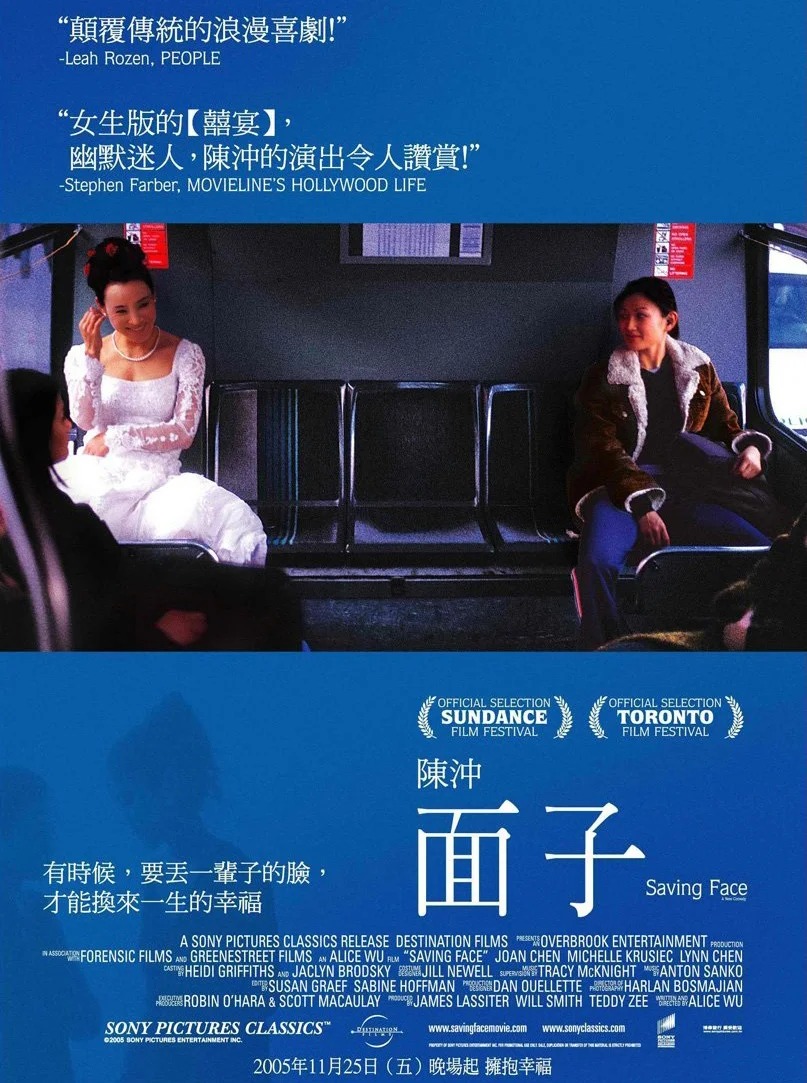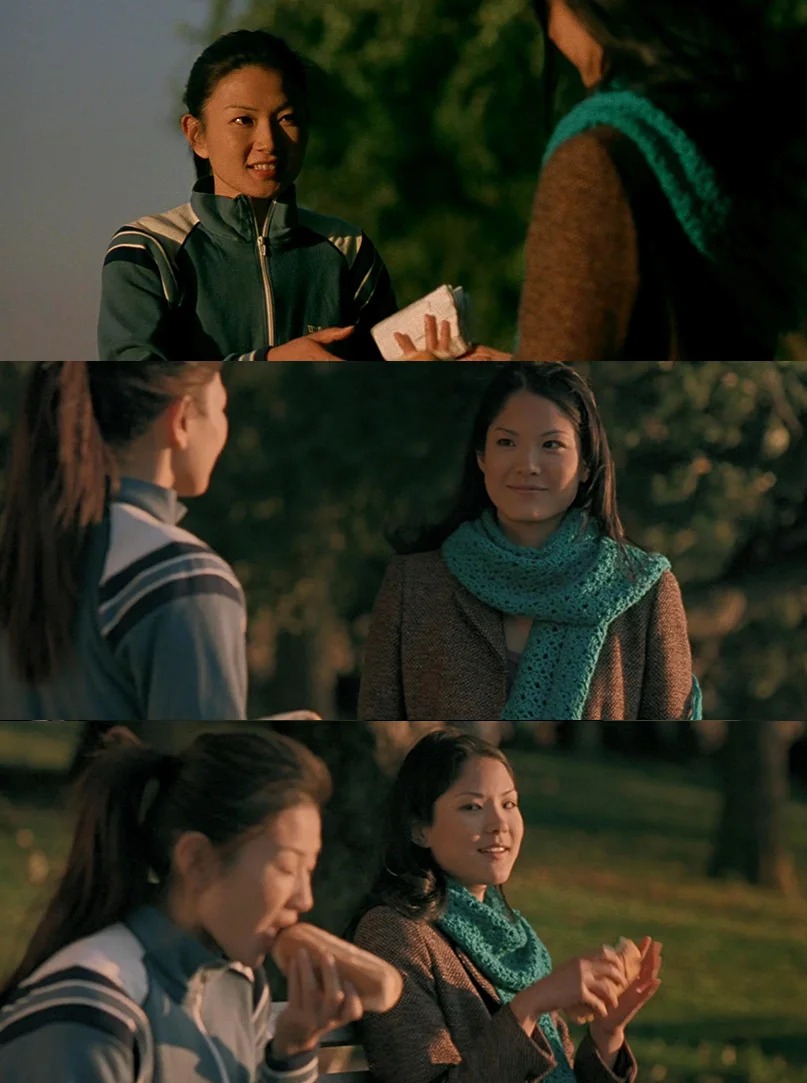Movie for lesbian
《The Handmaiden》
Background and plot of the story
The story is set during the Japanese colonial rule of Korea in the 1930s. Xiuzi (played by Kim Min hee) is a noblewoman who appears to have a comfortable life, but is actually trapped under the control of her uncle, a pervert with pedophilia and a penchant for collecting pornographic books. The swindler Count (played by He Zhengyu) arranges for his maid Shuxi (played by Kim Tae ri) to approach Hideko in order to defraud her of her property and ask her to assist him in completing the scam. However, during this process, a complex and sincere relationship developed between Xiuzi and Shuxi. They probed and understood each other, and eventually united to fight against the Count and Uncle, successfully escaping from that oppressive environment.
Film style and highlights
The style of the movie is highly characteristic of Park Chan wook, full of suspense and erotic elements. The visuals of the film are exquisite, from luxurious aristocratic mansions to eerie underground libraries, every scene has been carefully designed. The emotional expression in the movie is delicate and complex, and the love between Xiuzi and Shuxi appears even more unforgettable against the backdrop of conspiracy and calculation. For example, their eye contact and body language convey deep love and trust, especially in scenes where they fight against enemies together, the emotional connection of life and death is impressive. At the same time, the film also deeply criticized the social background at that time, showing the struggle and resistance of women in a patriarchal society and colonial rule.
Honors and evaluations received
The Handmaiden has received numerous awards and nominations internationally. It was nominated for the Palme d'Or at the Cannes Film Festival, and its director Park Chan wook's narrative techniques and artistic expression of the film have been widely recognized. The actors' performances in the movie have also been highly praised. Kim Min hee and Kim Tae ri have portrayed the emotions between the characters with excellent acting skills, and their chemistry has also added a lot of color to the movie.
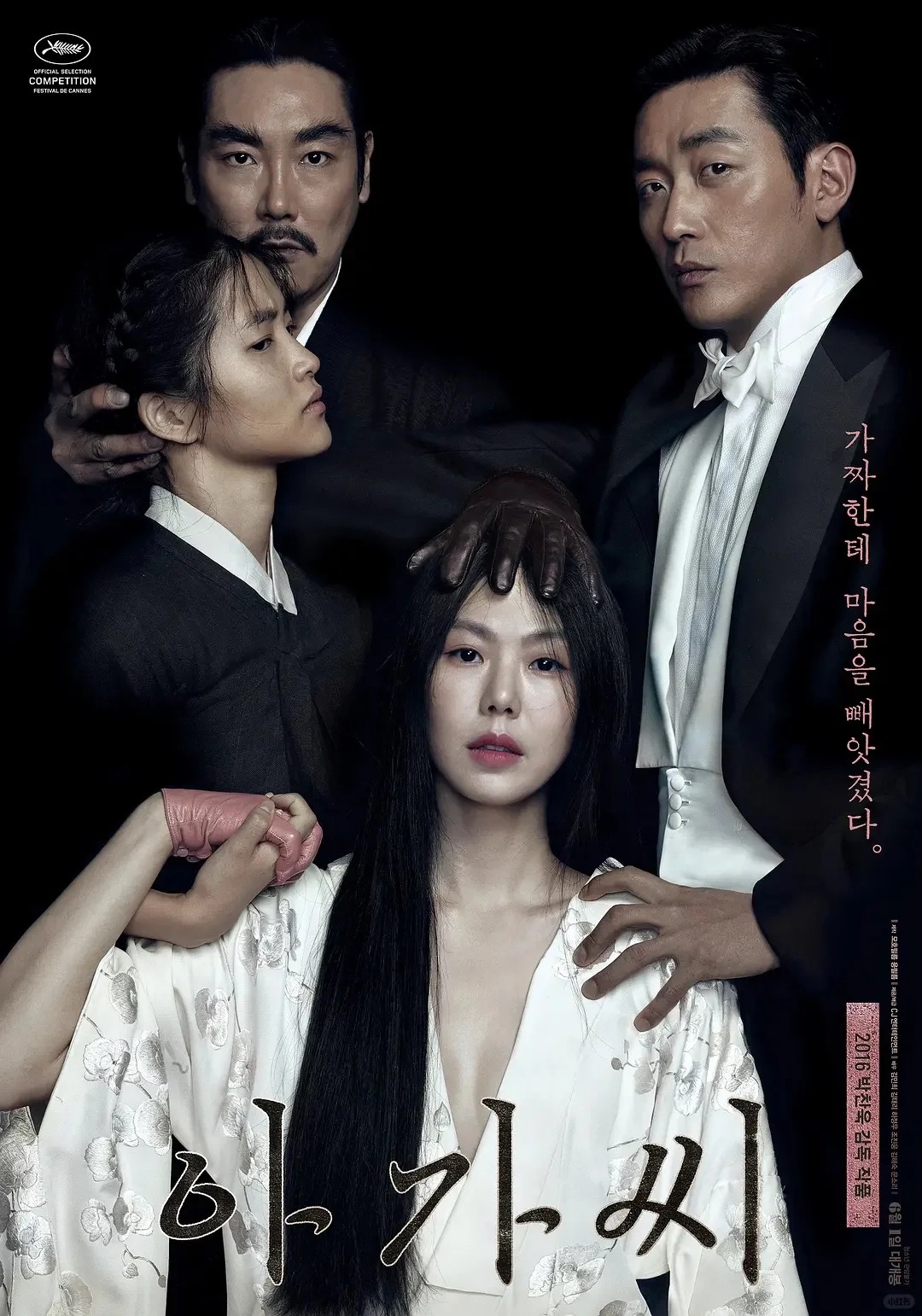
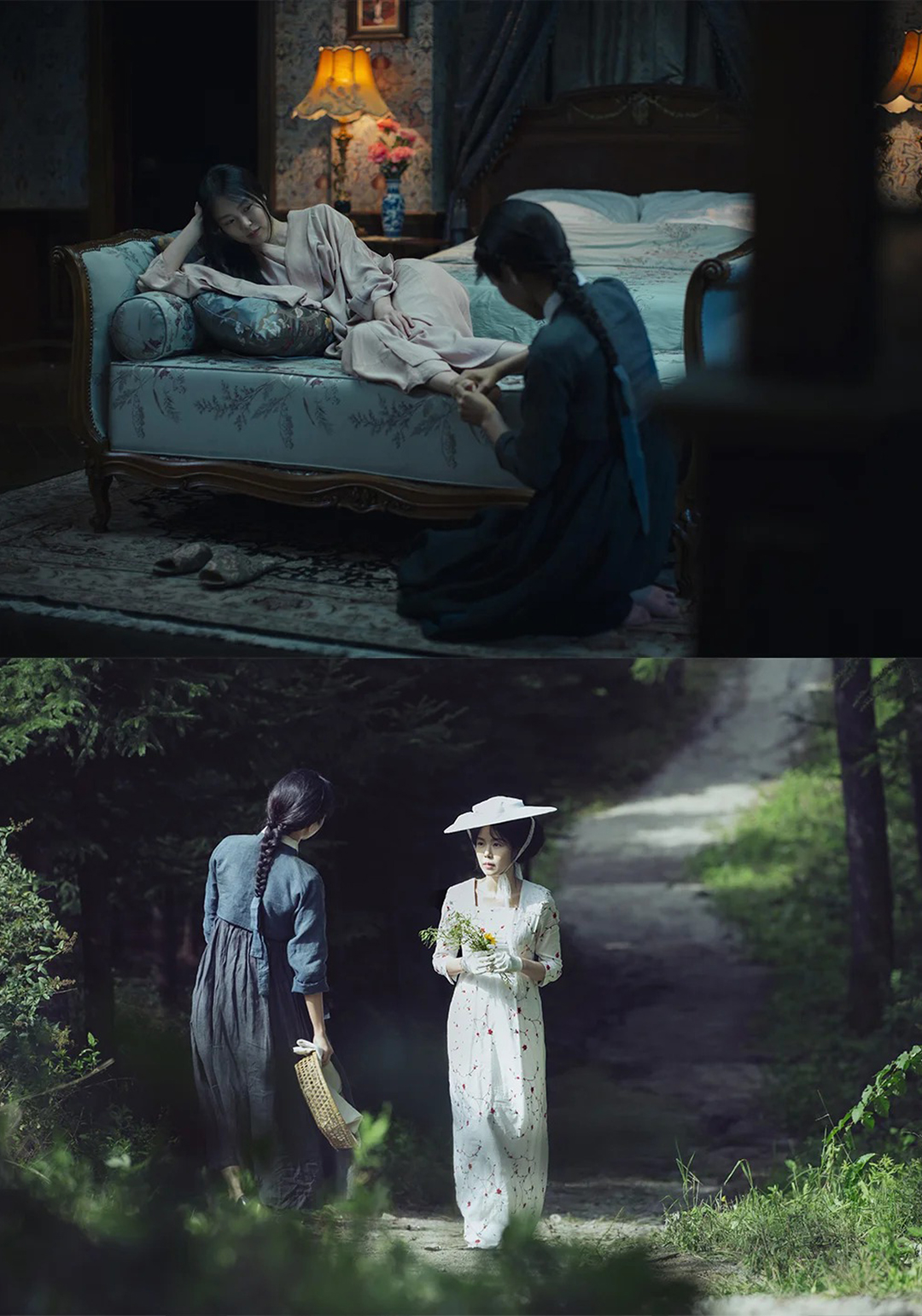
《Moonlit Winter》
Background and plot of the story
The story of the film spans time and space. Yoon hee (played by Kim Ai) is a middle-aged woman who has been living with longing for her first love. Many years ago, she separated from her same-sex partner due to social pressure and other factors. The movie unfolds through the interweaving of Yoon hee's memories and her current life. She received a letter from her first love, which stirred up deep emotions in her heart. At the same time, the relationship between Yoon hee and her daughter also changed during this process. Her daughter gradually became aware of her mother's secret and began to understand her emotional world. In another place, Yoon hee's first love is also reminiscing about the past, and the film portrays the long-lasting and deep longing between the two.
Film style and highlights
The style of the movie is relatively subtle and delicate. It does not have strong dramatic conflicts, but rather showcases the emotions of the characters through small details in life. For example, Yoon hee's slightly trembling hand when she saw the letter from her first love, as well as her slightly sad gaze in her memories, vividly expressed her inner emotions. The color tone of the film is cold, creating a faint atmosphere of sadness. The portrayal of the mother daughter relationship is also very profound, and the process of the daughter's understanding of her mother is also an important highlight of the film. The interweaving of family and love makes the film more rich.
Honors and evaluations received
The film 'Moonlit Winter' has received positive reviews at multiple film festivals. It is praised for its delicate emotional expression and in-depth exploration of the emotional world of middle-aged lesbian women. The precise grasp of the characters' inner world in the movie allows the audience to deeply feel Yoon hee's pain, longing, and persistence in love, while also triggering people's thoughts on social tolerance and family understanding.
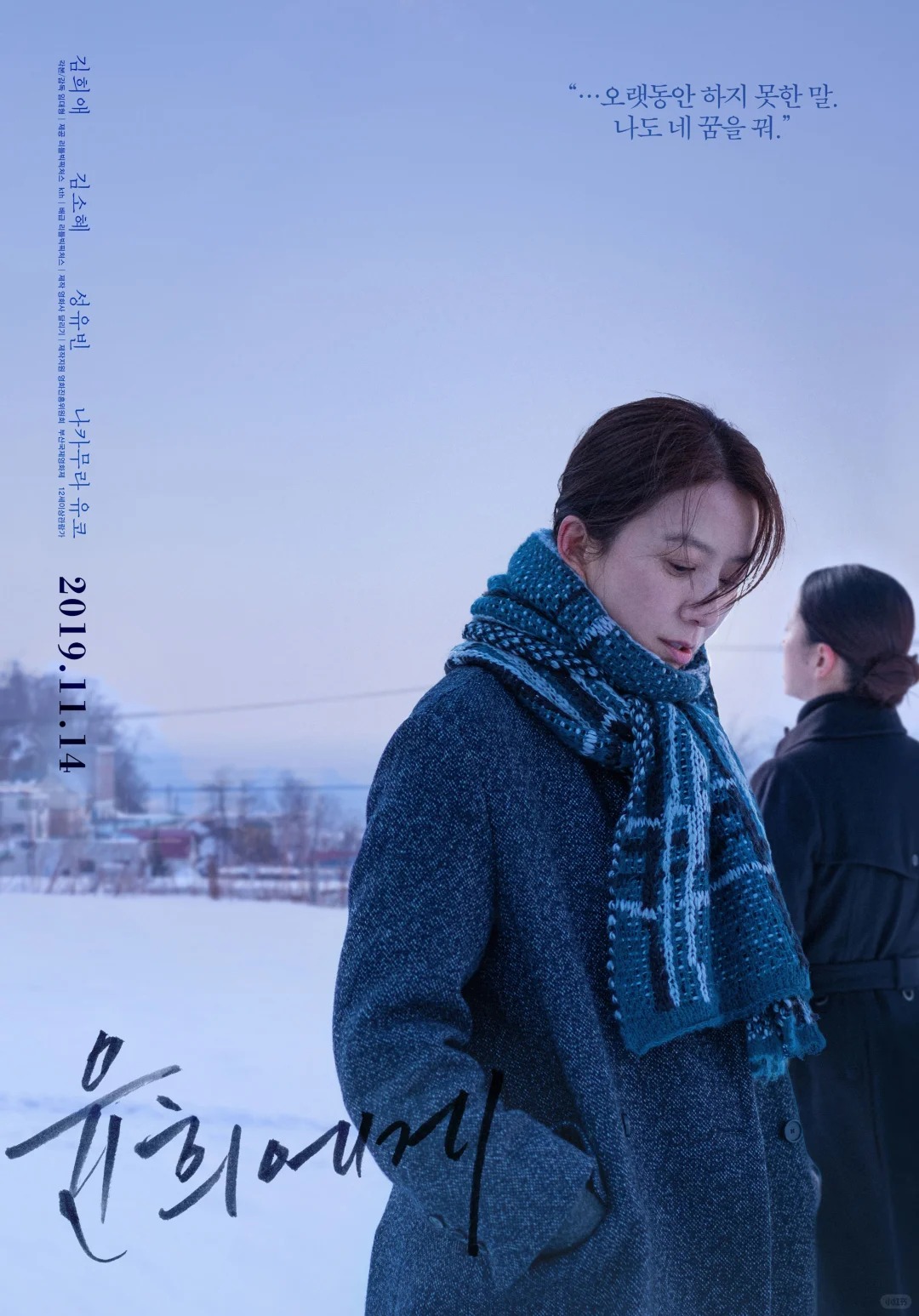
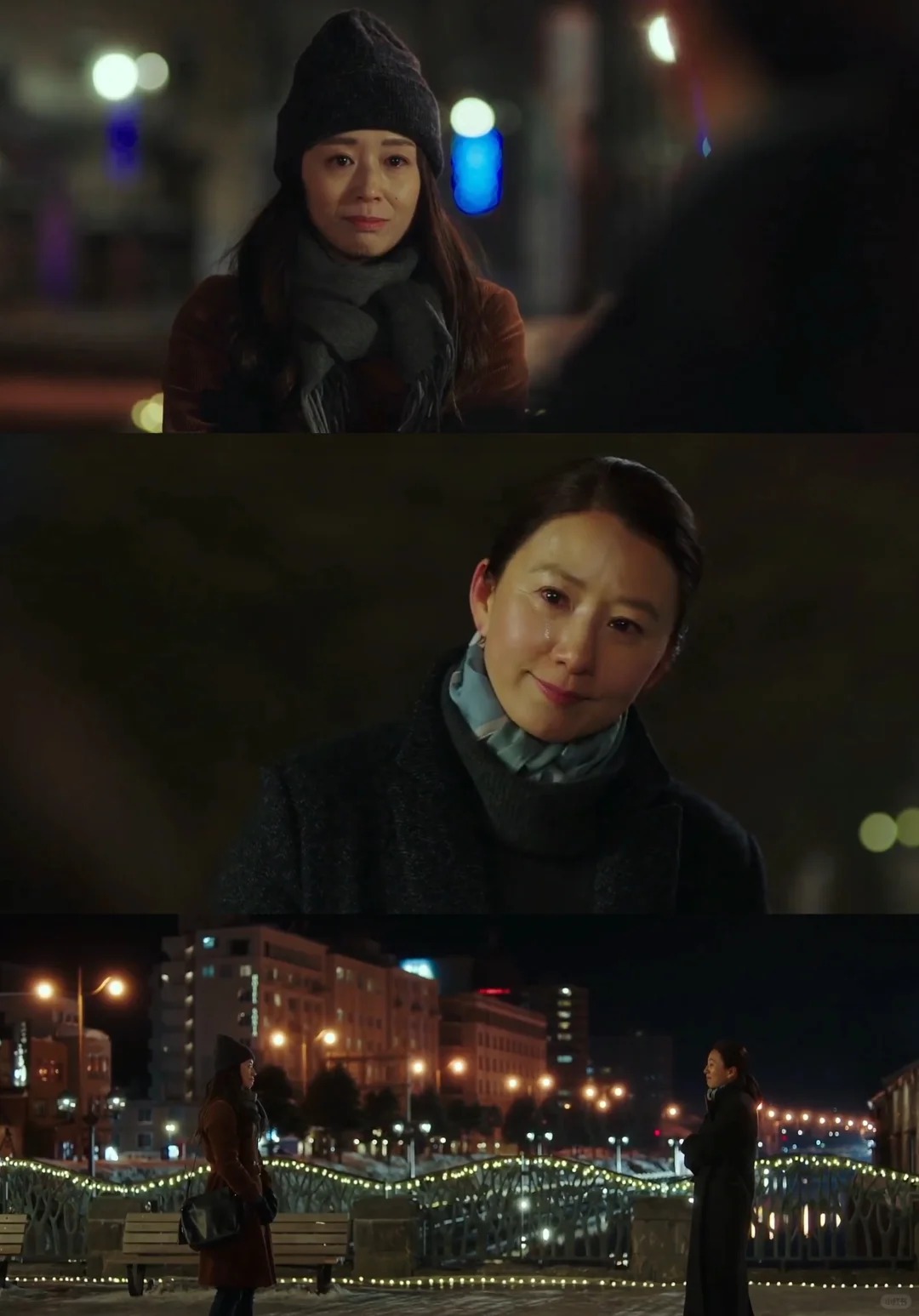
《The World to Come》
Background and plot of the story
The story takes place in the New England region of 19th century America. Abigail (played by Catherine Waterston) is the wife of a farmer, and her life is mundane and oppressive. Later, a woman named Tali (played by Vanessa Kirby) and her husband moved to the nearby area. Abigail and Tali gradually developed feelings during their interaction. They share each other's lives, dreams, and inner pain together. However, their love was not allowed in the social environment at that time, and people around them began to doubt them. They faced enormous pressure from their families, churches, and society. In the face of numerous difficulties, they still hold onto their feelings for each other.
Film style and highlights
The style of the movie is quaint and authentic. It showcases the life scenes of rural America in the 19th century through delicate visuals and soothing rhythms. The emotional portrayal in the movie is very delicate, and the love between Abigail and Tali gradually heats up through their correspondence and daily interactions. For example, their conversations in the fields and their gaze under candlelight are filled with deep affection. The movie also deeply portrays the suppression of religious and moral concepts in society at that time, allowing the audience to feel the enormous resistance that these two women faced in their pursuit of love.
Honors and evaluations received
The World to Come has attracted the attention of numerous film critics. It has received praise for its authentic portrayal of lesbian life in historical periods and profound emotional expression. The movie allows the audience to witness the brave struggle of lesbian women for love in a conservative social environment, while also criticizing the social culture of the time and calling for greater tolerance and understanding of different sexual orientations.


《Saving Face》
Background and plot of the story
The story of the film revolves around a Chinese American family. Will (played by Yang Yahui) is a young Chinese American girl who is a surgeon and also a lesbian. Her mother (played by Chen Chong) is a traditional Chinese woman who values the dignity of her family very much. Will fell in love with a white girl named Vivian (played by Lin Peiqi), but she never dared to tell her mother about her sexual orientation. At the same time, Will's mother faced family pressure due to getting pregnant before marriage, and her relationship with Will also became tense. During this process, Will had to deal with his own emotional issues on one hand, and help his mother solve her difficulties on the other. In the end, as the mother and daughter understood each other, her mother also accepted Will's sexual orientation.
Film style and highlights
The movie is a light comedy style work that cleverly combines traditional concepts of Chinese families with modern lesbian issues. There are many humorous plots in the film, such as the conversation between Will's mother and her friends at the mahjong table, which is full of Chinese wisdom and humor. The emotional expression in the movie is also very authentic. Will's dilemma when facing his mother and his own love, his mother's transition from traditional concepts to gradually accepting her daughter, are all vividly portrayed through delicate performances and plot design. At the same time, the film also showcases the cultural conflicts and integration of Chinese Americans in American society, allowing the audience to see the living conditions of lesbian women from different cultural backgrounds.
Honors and evaluations received
Saving Face "is a highly acclaimed work, particularly unique in depicting the lives and family relationships of Chinese lesbian women. It has received praise at multiple film festivals such as Sundance Film Festival, and the director of the film, Wu Siwei, has also gained attention as a result. It humorously resolves some heavy social issues, allowing the audience to understand and accept the lesbian community through laughter, while also allowing the Chinese lesbian community to find their sense of belonging in the movie.
